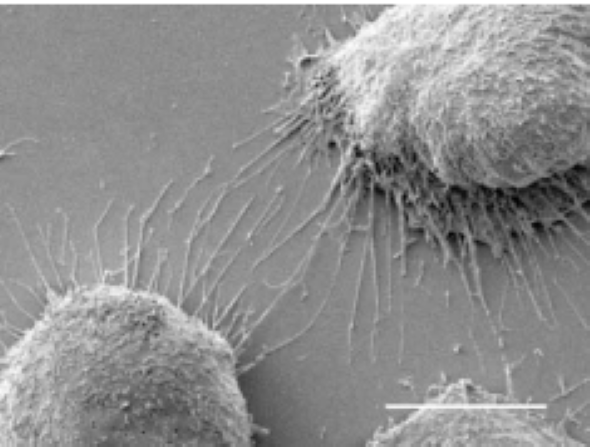
The pleural lining of the thorax regulates local immunity and wound healing. Disruption of these functions induces fibrosis and in the case of exposure to asbestos, chronic irritation can cause pleural mesothelioma, a rapidly progressive incurable cancer. Epithelioid mesothelioma is the most differentiated primary pleural cancer and has a median survival of only 18 months, while sarcomatoid mesothelioma is typically fatal in under a year. A lack of knowledge concerning the mesothelial and stromal cells comprising the pleura has hampered the development of targeted therapies. Although protocols for mesothelial cell extraction have been published, in vitro culture is plagued by rapid transdifferentiation to fibroblast-like cells, the precise nature of which is unclear.
In a new paper from the Marciniak lab, in collaboration with the Prof Rintoul at the Royal Papworth Hospital and Dr Mathew Garnett of the Sanger Institute, the first comprehensive single-cell transcriptomic atlas of the human parietal pleura is presented. It confirms the presence of known universal fibroblasts and describes novel, potentially pleural-specific, fibroblast subtypes. This pleural cell atlas will prove invaluable to those studying pleural biology and disease. It has already enabled researchers to shed light on the transdifferentiation of mesothelial cells, allowing them to develop a simple method for prolonging mesothelial cell differentiation in vitro. The atlas is accessible via this link http://mesothelialcellatlas.com/

